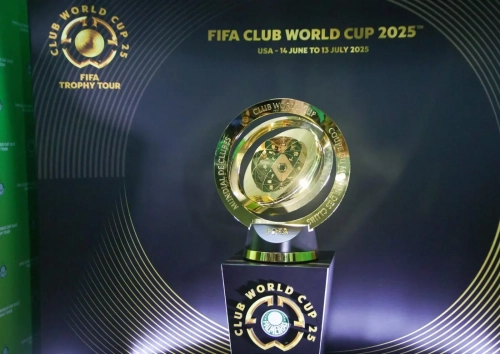With only ten days remaining before the opening fixture of the FIFA Club World Cup in the United States, concerns are mounting over sluggish ticket sales, despite the presence of global stars such as Lionel Messi.
The tournament, set to kick off with Al Ahly facing Inter Miami at the Hard Rock Stadium in Miami, is seeing far lower interest than expected.
According to The Times, tens of thousands of seats for the opening match remain unsold.
Even a significant reduction in ticket prices—from $349 to just $55, an 84% drop—has done little to reverse the trend.
“There’s still a lack of enthusiasm, even with Messi involved,” one source familiar with the sales figures said. “It’s clear the demand isn’t meeting expectations.”
Organisers now face the possibility of sparsely populated stadiums throughout the competition.
In a previous attempt to boost attendance, FIFA distributed free tickets to emergency responders during the California wildfires when the organisation staged events in Los Angeles.
A similar move has not been ruled out for this edition, as officials scramble to avoid the optics of empty stands.
Fans who paid premium prices for early access to tickets may be eligible for partial refunds, though no official policy has been announced.
The lack of excitement extends beyond Miami. Other marquee fixtures—such as Chelsea versus Los Angeles FC in Atlanta and Manchester City’s clash with Wydad Casablanca in Philadelphia—have also struggled to attract large crowds.
Ticket prices for those matches, generally ranging from $50 to $70, have not provided the expected draw.
Paris Saint-Germain, featuring a host of global stars and possibly the future Ballon d’Or winner, will face Atlético Madrid at the historic Rose Bowl in Pasadena.
Yet that venue, too, is far from being filled to capacity.
Despite the prestige of the participating clubs, there is little indication of a surge in late ticket purchases.
This disappointing build-up raises questions about the Club World Cup’s ability to capture the imagination of the American public.
While Major League Soccer continues to grow in domestic popularity, the global version of the club competition appears to be facing an uphill battle for relevance—even with the world’s biggest names on the team sheets.











